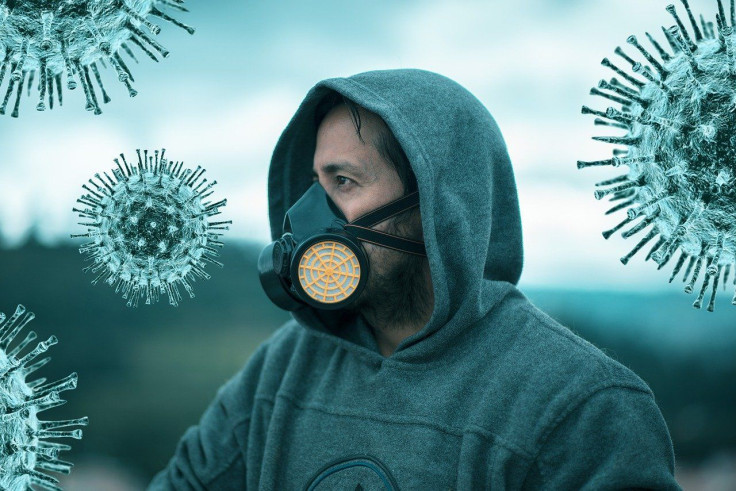Do We Still Need To Wear Masks At The Doctor's Clinic?

Now that the COVID-19 pandemic is declared over, more people have started to ditch face masks to enjoy a more carefree experience when breathing and talking in public settings. But experts warn that we shouldn't stop wearing masks in healthcare settings.
A study published in the Annals of Internal Medicine on Monday examined patient safety in healthcare settings, particularly how masking as a mitigation strategy should remain relevant even after the pandemic.
"Masking in the community has been a controversial mitigation strategy during the pandemic, in part because of the dearth of high-quality evidence documenting efficacy and in part because mask-wearing has become politicized," study authors Tara Palmore of George Washington University School of Medicine and David Henderson of the National Institutes of Health wrote.
"Most published studies addressing mask efficacy have methodological flaws and adherence to mask-wearing has been suboptimal in virtually all. Demonstrating that masks work is difficult when they are not worn consistently. Although gold-standard evidence is not available, we argue that despite the lack of clinical efficacy trials ..., masking in interactions between patients and health care personnel should continue to receive serious consideration as a patient safety measure," they added.
The authors reviewed the latest science on the protective quality of face masks and found that there was not a significant difference in the protection afforded by surgical masks and N95 respirators in healthcare settings. They reviewed three randomized trials and 21 observational studies to get a clear picture of how effective N95, surgical and cloth masks are in reducing COVID transmission.
Evidence on surgical vs. cloth masks was "insufficient" due to the limitations in the research they evaluated. However, they maintained that surgical masks and N95 respirators are good at regulating the spread of aerosols and droplets based on lab studies. The authors admitted that both are not 100% effective, but it is rare for viral transmission to take place between a patient and a clinic staff when masks are worn.
The study authors cited one good reason patients should always wear masks when visiting the doctor's clinic. According to them, people working in healthcare settings are "notorious for coming to work while ill" for a variety of reasons. Hence, it is up to the patients to protect themselves from any virus or pathogen in these settings.
Dr. Syra Madad agreed with the findings and the commentary of the researchers. The infectious disease epidemiologist at the Harvard Belfer Center for Science and International Affairs, who was not involved in the study, said it is important for health systems to protect their patients by having their workers wear masks during patient interactions.
"We all realize the importance and utility of a mask. A culture of safety shows you're being respectful to your patients," Madad told CNN after noting that everyone could benefit from this even though the COVID-19 pandemic is over since the flu season and RSV season are returning this fall.
"Even though the public health emergency for COVID-19 has been declared over, we still see over 1,000 Americans dying every single day from this virus, and that is still unacceptable. It's still very high, which means it's still a threat. As much as we want to downplay it, and it's not an emergency any more, but it's certainly a threat," she added.
Published by Medicaldaily.com



























